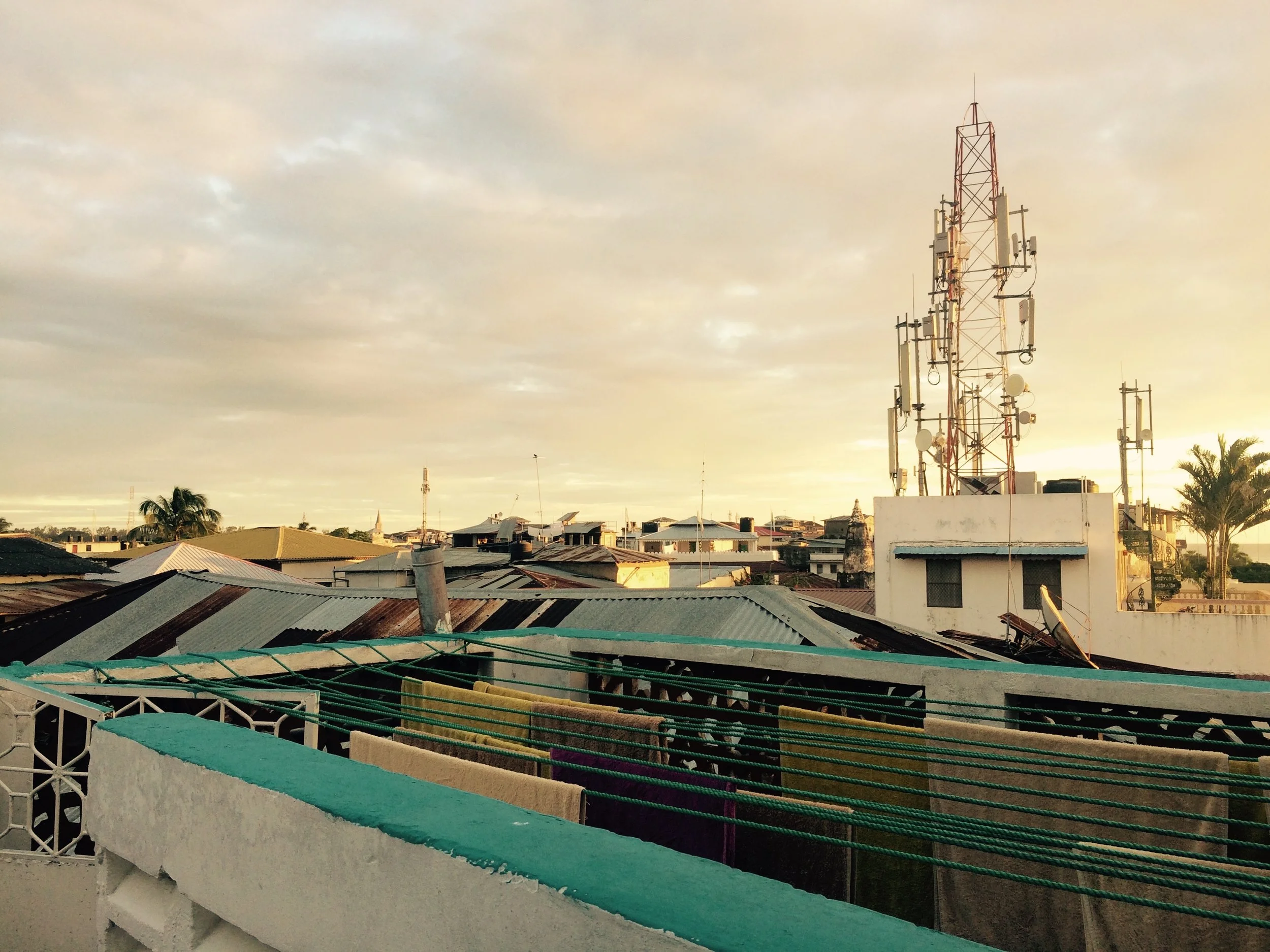About
Energy Geographies (E-G) Network is a research group and collaborative energy initiative started by Dr. Veronica Jacome at Temple University. The group works on multi-disciplinary research (from engineering to history to social science research) to understand the complex links between energy and society across the world. Its a network and not a lab because the group is committed to fostering connections between local organizations, academic institutions, and researchers from all disciplines and places to advance meaningful research.
